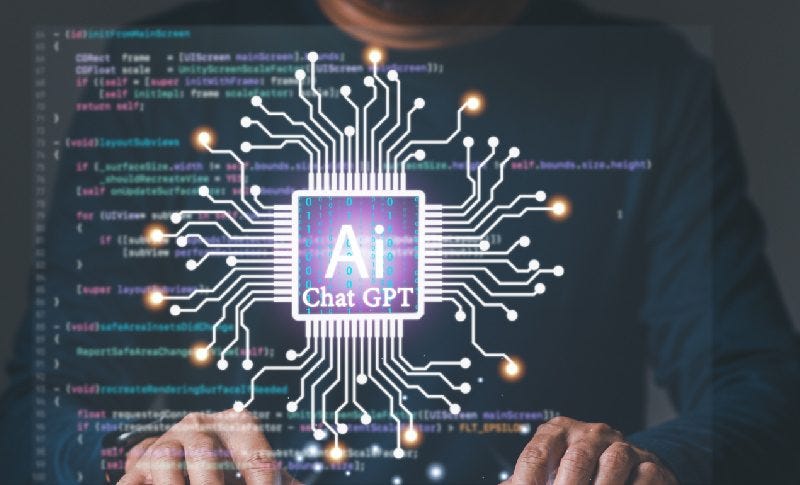upGrad uses AI to translate programs into regional languages effectively
upGrad, an online education platform in India, is addressing the country’s rich etymological heritage by prioritizing territorial dialects in its learning system. With over 40% of its user base from Level 2 cities and past, upGrad aims to convert challenges into opportunities by ensuring that dialect boundaries don’t hinder quality instruction. By recognizing the phonetic inclinations of learners from different locations, upGrad creates a comprehensive learning environment where everyone feels engaged to pursue their educational goals.

Asheesh Sharma, President of Certifications and Bootcamps at upGrad, emphasizes the importance of selecting regional dialects for the platform, such as Hindi, Tamil, Telugu, Kannada, and Bengali. This approach not only enhances accessibility but also cultivates a sense of belonging and support for learners from different phonetic backgrounds.
In addition to dialect localization, upGrad is expanding its course offerings to cater to the evolving needs of learners. The platform plans to expand its portfolio to include emerging areas like Cybersecurity, Blockchain, and Business Analysis, as well as consolidate remote dialects like Spanish and Chinese.
upGrad’s territorial dialect activity represents a significant step towards democratizing education and enabling learners across the nation. By prioritizing territorial dialects and offering personalized support, upGrad aims to break down phonetic barriers and create opportunities for people to fulfill their educational and career goals. As the platform continues to grow its offerings and reach, it remains committed to creating comprehensive learning environments that celebrate India’s etymological differences.



Comments
Post a Comment